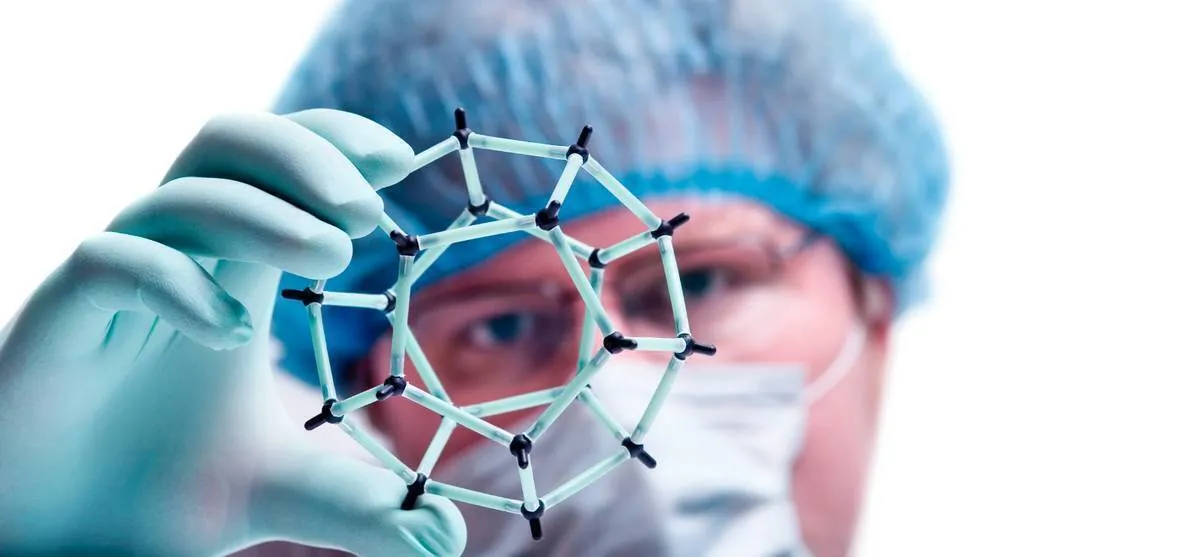Iranian Scientists Study Different Applications of Carbon Nanomaterials in Biomedicine

In this review study, the new developments in the application of carbon nanotube products in the regenerative treatments of various organs, including the liver, nervous system, heart, vascular system, and bone tissue engineering, have been compared and analyzed in the last 10 years.
Also, the use of carbon nanomaterials for the precise transfer of drugs to the place of their effect, which is another area of interest for researchers, has created great hope for the widespread use of these materials in medical sciences. These compounds, in addition to the innovative and non-invasive aspects of their uses in biomedicine, enjoy high efficiency, which can settle the problem of using dangerous and toxic chemicals on a nano scale.
This article will help the scientists interested in this field to understand the weaknesses and strengths of this branch of science.
In a relevant development in April, Iranian researchers at the Faculty of Pharmacy of Mashhad University of Medical Sciences succeeded in formulating, preparing and determining the features of pegylated doxorubicin nanoliposomes targeted with anti-nucleolin aptamer and studying the anti-tumor effects in vitro and in vivo in the mice with cancerous tumors.
“Doxorubicin (Dox) is an antineoplastic compound that has a wide range of antitumor activity and is used in many cases of cancer, including acute leukemia, Hodgkin's and non-Hodgkin's lymphomas, and breast and lung cancers. However, it has many side effects and researchers have being trying to reduce them,” said Mahmoud Reza Jafari, a Ph.D. student in pharmaceutics from the University of Saskatchewan, Canada, who has cooperated in the project.
Noting that different studies have been conducted on obtaining a method for targeted drug delivery to the tumor in the last two decades, he said, “So far, the use of liposome has been the most important and best method.”
“The aim of this research was to prepare liposomes for effective targeting of cancer cells; therefore, after preparation of liposomes, their properties and features were observed and the anti-tumor effects and tissue distribution of these liposomes were investigated on tumor-bearing mice,” Jafari said.
“In this research, we reached a correct formula, which, of course, needs to complete the data to obtain the necessary licenses from the Food and Drug Organization, because this formula has proved effective in the animal phase (so far),” he underlined.
Also, last September, researchers at an Iranian nanotechnology company had succeeded in finding the formulation for production of nanoliposomal doxorubicin used for the treatment of cancer patients.
Ketabi, the marketing manager of Exir Nano Sina company, underlined the therapeutic effects of nanoliposomal doxorubicin in cancer treatment and the role of nanocurcumin in COVID-19 produced by the company.
He also referred to the production of first injectable anti-cancer nanomedicine product in the country with the scientific participation of Mashhad Faculty of Pharmacy, saying that these products are mainly made by lipid-based formulations in two forms of liposomal and nanomicelle.
Ketabi noted that using nanotechnology in these products increases their effectiveness and decreases their toxicity compared to other samples.
4155/v





















